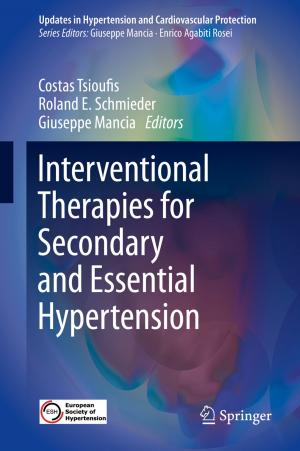Academic Work and Careers in Europe: Trends, Challenges, Perspectives
Nonfiction, Reference & Language, Education & Teaching, Higher Education, Administration| Author: | ISBN: | 9783319107202 | |
| Publisher: | Springer International Publishing | Publication: | October 29, 2014 |
| Imprint: | Springer | Language: | English |
| Author: | |
| ISBN: | 9783319107202 |
| Publisher: | Springer International Publishing |
| Publication: | October 29, 2014 |
| Imprint: | Springer |
| Language: | English |
This book explores the perceptions of academic staff and representatives of institutional leadership about the changes in academic careers and academic work experienced in recent years. It emphasizes standardisation and differentiation of academic career paths, impacts of new forms of quality management on academic work, changes in recruitment, employment and working conditions, and academics’ perceptions of their professional contexts. The book demonstrates a growing diversity within the academic profession and new professional roles inhabiting a space which is neither located in the core business of teaching and research nor at the top level management and leadership. The new higher education professionals tend to be important change agents within the higher education institutions not only fulfilling service and bridging functions but also streamlining academic work to make a contribution to the reputation and competitiveness of the institution as a whole. Based on interviews with academic staff, this book explores the situation in eight European countries: Austria, Croatia, Finland, Germany, Ireland, Poland, Romania, and Switzerland.
This book explores the perceptions of academic staff and representatives of institutional leadership about the changes in academic careers and academic work experienced in recent years. It emphasizes standardisation and differentiation of academic career paths, impacts of new forms of quality management on academic work, changes in recruitment, employment and working conditions, and academics’ perceptions of their professional contexts. The book demonstrates a growing diversity within the academic profession and new professional roles inhabiting a space which is neither located in the core business of teaching and research nor at the top level management and leadership. The new higher education professionals tend to be important change agents within the higher education institutions not only fulfilling service and bridging functions but also streamlining academic work to make a contribution to the reputation and competitiveness of the institution as a whole. Based on interviews with academic staff, this book explores the situation in eight European countries: Austria, Croatia, Finland, Germany, Ireland, Poland, Romania, and Switzerland.















